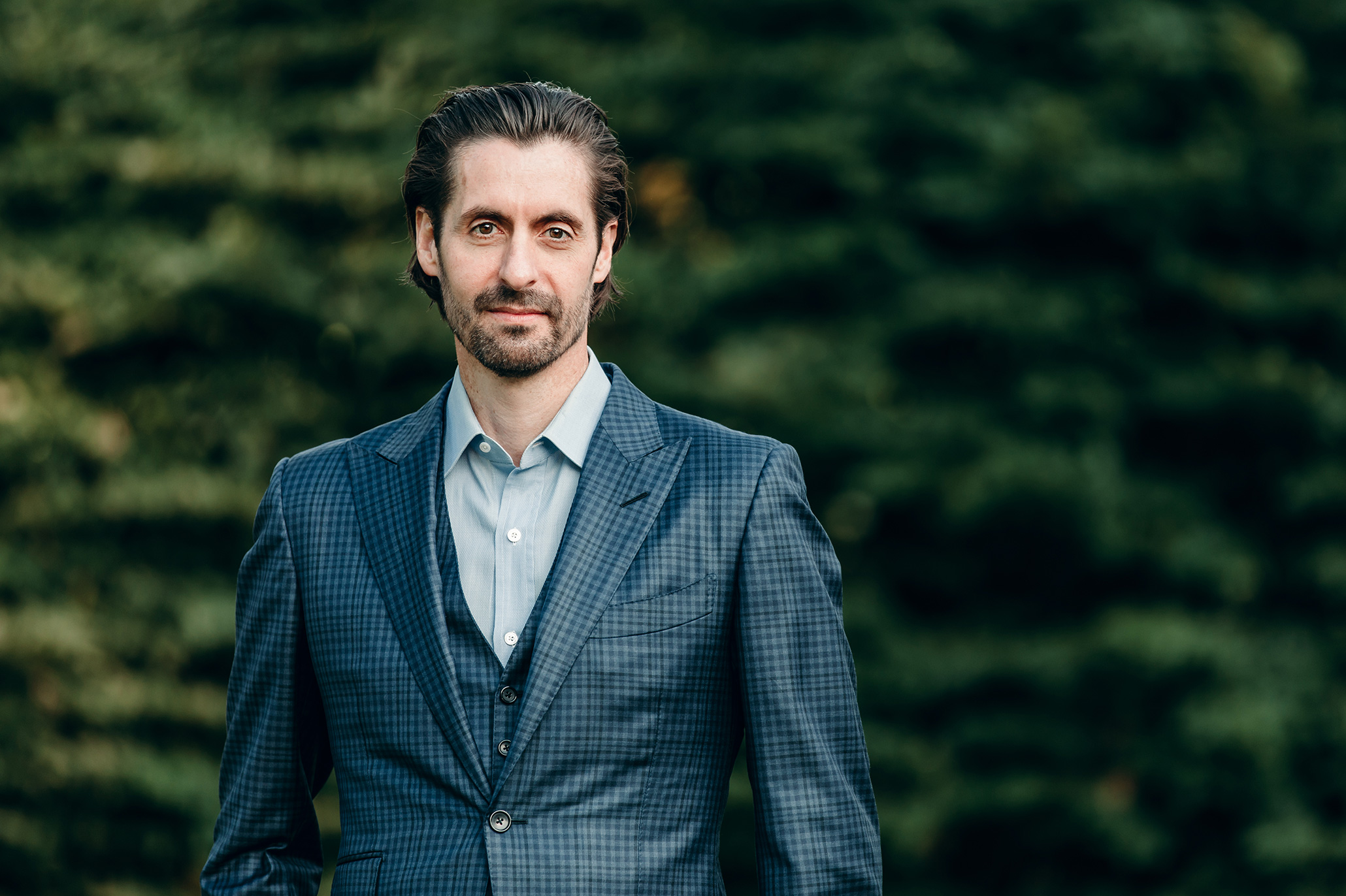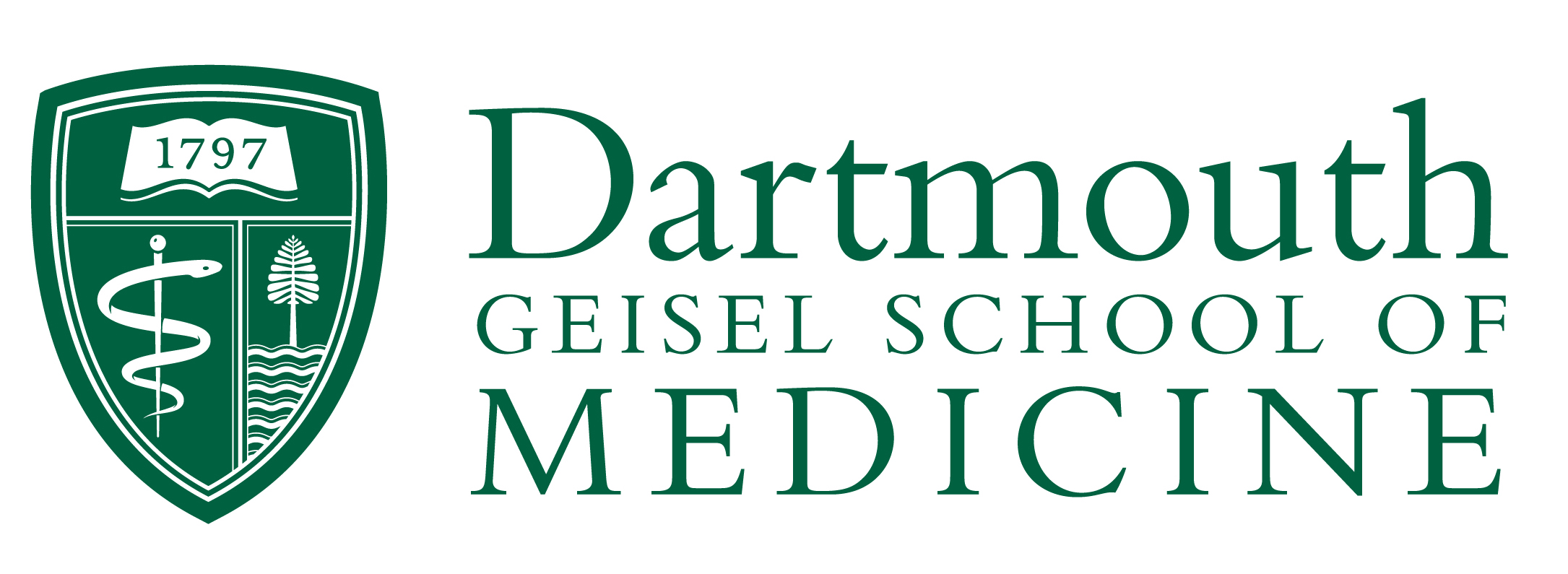
When Dale Chappell, MED ’99, MBA reached his third year at the Geisel School of Medicine (then Dartmouth Medical School), most of his classmates were celebrating. They’d pushed through the fundamentals to arrive at the fulfilling part, seeing patients. But Chappell realized he missed basic science. Faculty mentors advised him to try out life as a researcher before completing medical school, rather than after. That way he could more easily return to the clinical path if he chose to.
After spending two years conducting basic immunology research at the National Cancer Institute on a fellowship from Howard Hughes Medical Institute, Chappell returned to Dartmouth to finish his medical degree with a much better sense of what he wanted from his future career. He went on to attend Harvard Business School and started a biotech investment fund. He’d found his place.
Chappell’s world may seem remote from the COVID-19 units where some of his medical school classmates now struggle through harrowing days and nights. But with the advent of COVID-19, his path and theirs have converged: he is helping oversee (and fund) trials of a drug that may protect coronavirus patients from “cytokine storm” that can make the illness dire.
In some patients, cytokine signaling proteins that activate immunity go on overdrive, and the immune system goes haywire. The massive inflammation that results damages lungs and other organs. Patients need help breathing, and often they die.
Chappell’s fund, Black Horse Capital Advisors, has invested in a drug that appears to interrupt cytokine overproduction. Called lenzilumab (or “lenz”), the drug did well in a small case-control trial this spring. Twelve patients who were given lenz improved more quickly than did 27 controls. No one suffered a serious adverse effect.
“It’s very early, so you can’t draw too many conclusions from this data,” says Chappell, “but this is what you’d be hoping to see at this early stage of development. It’s very exciting.” He finds the possibilities of lenz so compelling that, in July, he signed on as chief scientific officer for the drug’s developer, a 20-year-old California company called Humanigen.
In this new role, Chappell is guiding drug development for the company, including a second trial of lenz in COVID-19 patients. This study will comprise 300 adult patients at more than 17 sites, including Dartmouth-Hitchcock Medical Center, the Mayo Clinic, and hospitals at the University of Southern California and in Brazil. Participating patients sick enough to need oxygen will get either lenz or a placebo. If the drug works, Humanigen will ask the FDA to authorize emergency use of lenzilumab. Chappell expects results in November 2020.
Lenz has a three-year head start: with financing from Chappell’s fund, Humanigen had already explored its ability to prevent cytokine storm in organ transplant patients and in patients with refractory leukemia and lymphoma. Doctors now urgently need such a drug for a hugely expanded pool—people worldwide stricken by the novel coronavirus. Since February, says Chappell, “It’s been a lot of very early mornings and very late nights.”
Lenz looks sufficiently promising that the National Institute of Allergy and Infectious Diseases (NIAID) chose it as one of just three drugs studied so far in its “Big Effect Trial” (the others are the antiviral remdesivir and the rheumatoid arthritis medication baricitinib). Humanigen is designing protocols for NIAID’s trial, which will begin in the fall. The study will compare outcomes for 100 patients given remdesivir plus lenz, and 100 given remdesivir plus a placebo.
Reflecting on his path from medical school to biotech investment, Chappell is grateful for the encouragement and guidance he received at Geisel to explore his interests. A love of science and a commitment to patient care still guides what he does today. Tracking five or 10 balls at once, he says, “Increases the chances of doing something that might have therapeutic value to patients.”
Written by Cathy Shufro




